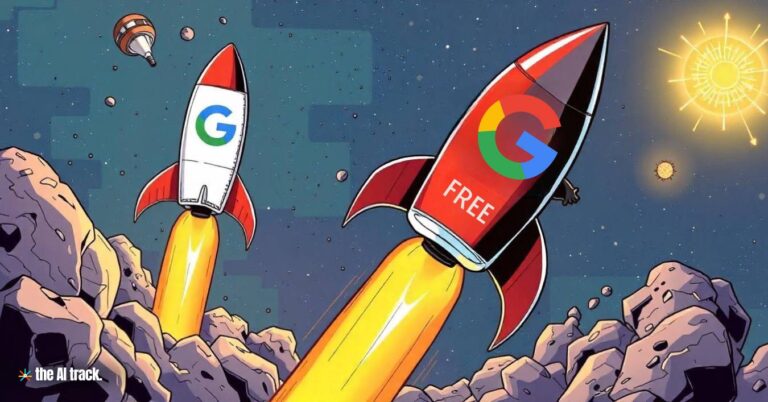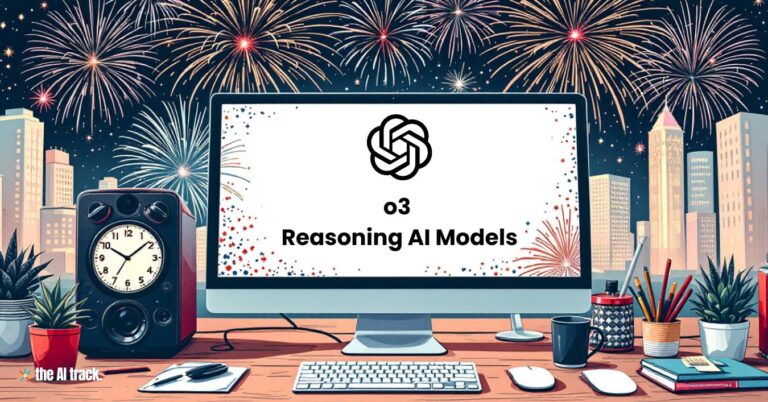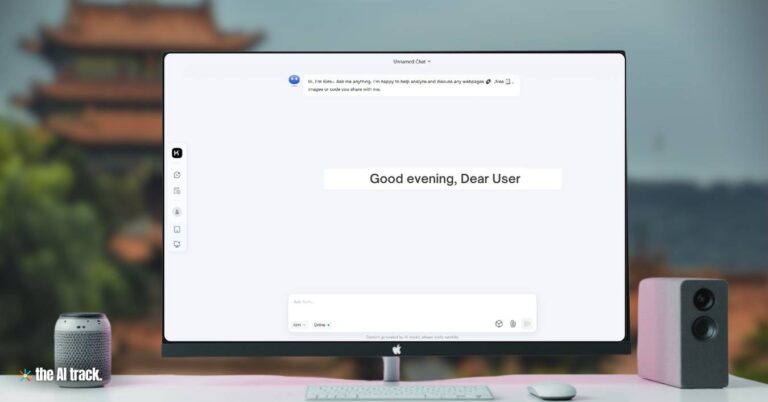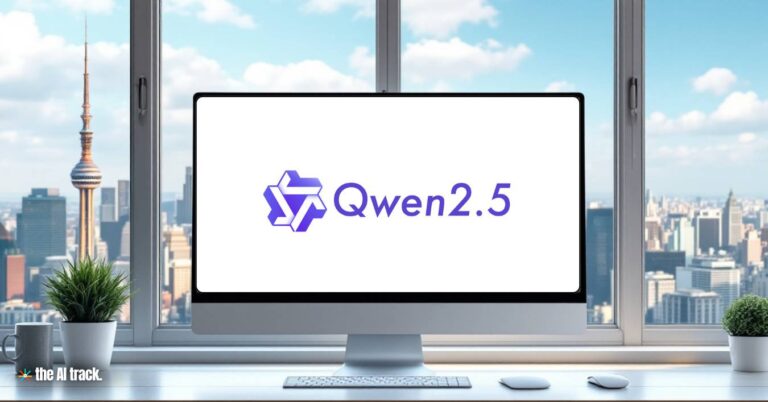Google has expanded its AI capabilities by introducing the Gemini 2.0 series, which includes the Flash, Flash-Lite, and Pro Experimental models. These models aim to enhance performance, reasoning, and cost-efficiency in AI applications, marking a significant step in Google’s push toward agentic AI. The company claims these models represent the “world’s best AI” and is offering them to users for free, though user feedback reveals mixed opinions on their performance.

Google Launches Free Gemini 2.0 Reasoning Models – Key Points
- Gemini 2.0 Flash: This model offers improved speed and performance, serving as a versatile tool for various AI-driven tasks. It is optimized for high-volume, high-frequency tasks at scale, costing developers 10 cents per million tokens for text, image, and video inputs. It outperforms Gemini 1.5 Pro while being 12x cheaper, making it a cost-effective solution for developers. The model is now generally available via the Gemini API in Google AI Studio and Vertex AI, allowing developers to build production applications.
- Gemini 2.0 Flash-Lite: Designed for cost-efficiency, Flash-Lite provides better quality than the previous 1.5 Flash model while maintaining the same speed and cost. It features a 1 million token context window, supports multimodal input, and costs 0.75 cents per million tokens, making it Google’s most cost-efficient model yet. It is positioned as a rival to cheaper AI reasoning models offered by competitors like DeepSeek. Flash-Lite is available in public preview in Google AI Studio and Vertex AI.
- Gemini 2.0 Pro Experimental: This advanced model excels in coding performance and handling complex prompts. It offers enhanced reasoning capabilities, can execute code on behalf of users, and supports native image and audio output, as well as native tool use. With a 2 million token context window, it can process approximately 1.5 million words in one go, equivalent to ingesting all seven Harry Potter books in a single prompt. It also integrates tools like Google Search, further enhancing its utility. The model is available in Google AI Studio, Vertex AI, and to Gemini Advanced users in the Gemini app.
- Integration with Gemini App: The Gemini 2.0 Flash Thinking Experimental model is now accessible to users within the Gemini app, providing enhanced reasoning capabilities and the ability to display its thought process for improved explainability. This move is seen as an effort to compete with DeepSeek’s popular reasoning models. The model is available to users in the model dropdown on desktop and mobile.
- Industry-Leading Performance: Gemini 2.0 Pro Experimental has taken the top spot across all categories in the industry-leading LMArena, showcasing its superior performance. The Gemini models rank highly on the user-voted Chatbot Arena LLM Leaderboard, with Flash Thinking holding the number one position.
- Agentic AI Focus: Google’s Gemini 2.0 models are part of a broader strategy to develop agentic AI, which can complete complex multistep tasks autonomously. This aligns with the industry trend, as competitors like Meta, Amazon, Microsoft, OpenAI, and Anthropic are also advancing agentic AI capabilities.
- Competitive Landscape: Anthropic, an Amazon-backed AI startup, has developed AI agents capable of using computers like humans to complete tasks with tens or hundreds of steps. OpenAI has introduced Operator, an AI agent that automates tasks such as vacation planning and grocery ordering, while Google’s Deep Research tool acts as a research assistant, compiling reports and analyzing complex topics. DeepSeek, a Chinese AI startup, has also gained attention for its cost-efficient reasoning models, which rival those of American tech companies.
- User Feedback and Limitations: Discussions about Gemini 2.0 reveal mixed opinions, with some users praising its coding capabilities and efficiency, while others express skepticism about its performance in specific tasks, such as pest elimination advice. Some users have reverted to older versions for certain functionalities, highlighting limitations in the new models. However, models like Sonnet are praised for their performance in programming tasks, showcasing advanced reasoning capabilities.
Why This Matters: Google’s introduction of the Gemini 2.0 models signifies a significant advancement in AI technology, offering improved performance, reasoning, and cost-effective solutions. These developments have the potential to enhance various applications, from coding assistance to complex problem-solving, making AI more accessible and efficient for users. The focus on agentic AI reflects a broader industry shift toward models that can autonomously handle multistep tasks, positioning Google as a key player in the AI arms race. However, the mixed user feedback underscores the challenges of meeting diverse user expectations and competing with emerging players like DeepSeek.
Read a comprehensive monthly roundup of the latest AI news!






